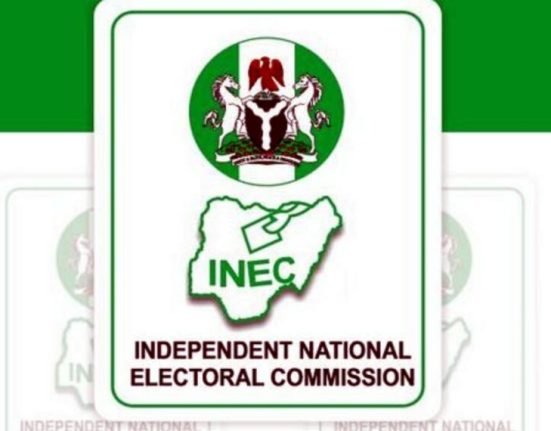Medical laboratory scientists across Nigeria have been strongly advised to embrace information technology and artificial intelligence (AI) as core components of 21st-century diagnostic practice, in a bid to boost efficiency, accuracy, and collaboration within the healthcare system.
The charge was given during the 2025 Annual Scientific Conference of the Guild of Medical Laboratory Directors (GMLD), Lagos State branch, which drew together leading stakeholders, scholars, and practitioners. The forum served as a rallying point for professionals to reflect on the evolving demands of diagnostics and the pressing need to transform laboratory operations in line with global trends.
Professor Kolawole Oyedeji, Head of the Department of Medical Laboratory Science at the University of Lagos, who spoke extensively at the event, described digitalisation as an urgent imperative rather than a luxury. He noted that the traditional, fragmented approach to diagnosis is no longer sufficient to meet the complex challenges of modern healthcare.
According to him, many diagnostic laboratories are still caught in what he termed a “rat race,” where individualism and outdated processes impede progress. He advocated a shift towards collaborative platforms where labs can interface digitally, share specialised data, and engage in integrated analysis of patient samples for better clinical outcomes.
“The truth is that we are not maximising diagnostic capabilities in this country because everyone is working in silos. We must break away from mushroom and compartmentalised approaches,” Prof. Oyedeji stated. “With digital technology, labs across Lagos or even nationwide can collaborate seamlessly, share expertise, and make accurate, data-driven decisions.”
He further encouraged laboratory owners to establish IT departments within their facilities and urged professionals to acquire digital competencies that would allow them to operate effectively in a data-driven environment. “If you are a diagnostician today, you must become tech-savvy. Learn, relearn, and equip yourself with the skills needed for this digital age,” he stressed.
Also speaking, the Conference Chairman and Chairman of the Board of Fellows of the Association of Medical Laboratory Scientists of Nigeria, Dr. Bona Nlemadim, reassured practitioners that automation and AI are not threats but tools to enhance human capacity. He explained that while machines can accelerate processes, the expertise of laboratory scientists remains irreplaceable.
“AI and digital tools are here to support us, not to take away our relevance. What they do is simplify, speed up, and reduce errors in the workflow,” he noted. “So, our people should not fear the future; rather, they should get ready for it.”
Nlemadim encouraged his colleagues to digitise their operations, phase out manual record-keeping, and make result dissemination faster through electronic systems. He maintained that the digital age demands a complete overhaul in how laboratories function, from documentation to sample analysis and reporting.
Chairman of the GMLD, Adekoya Julius, who spoke on the theme, ‘Transforming Medical Laboratories for the 21st Century: Innovation for a New Era in Healthcare’, identified digitalisation as a catalyst for improving productivity, reducing human error, cutting costs, and delivering faster, more reliable results. He called for collective action to harness the full potential of innovation for the advancement of Nigeria’s health sector.
According to Julius, embracing AI and digital tools not only enhances clinical outcomes but also creates room for smarter work processes and better service delivery. He encouraged private and public labs alike to invest in upgrading their systems for sustainable growth.
In his contribution, the Managing Director of Seven-Up Bottling Company, Mr. Ziad Maalouf, highlighted the need for continuous development within the profession. He stressed that scaling up the medical laboratory science industry requires constant exposure to evolving technologies and best practices across the globe.
Meanwhile, participants at the conference also called on government at all levels to provide enabling infrastructure and create conducive environments for digital transformation in the health sector. They maintained that policy backing and investment in health technology will be vital in aligning Nigeria’s diagnostics landscape with international standards.
The conference ended with a renewed commitment from professionals to pursue innovation, collaboration, and excellence in diagnostics through strategic application of digital technology and knowledge sharing.


